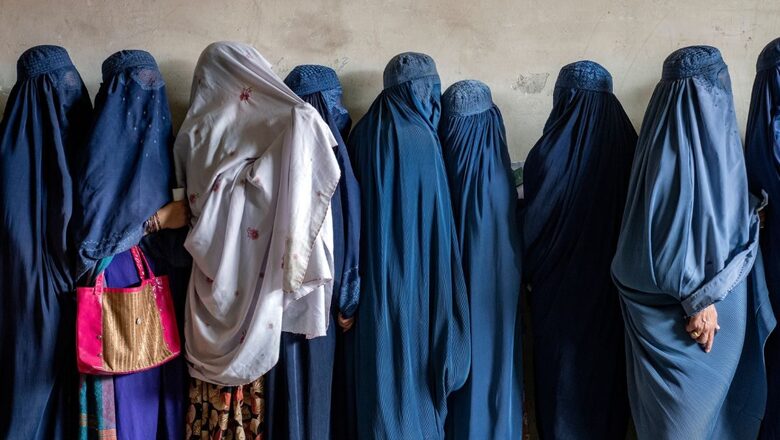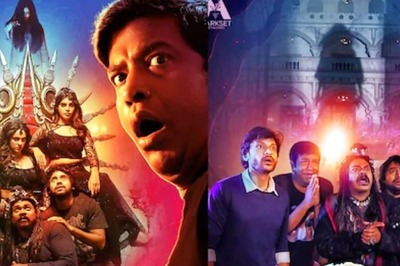
views
As we are aware of the present situation in Afghanistan, the United Nations Human Rights Council (UNHRC) has issued a warning against systematic ‘gender apartheid and gender persecution’. Volker Türk, the UN High Commissioner for Human Rights, has shared his concerns recently regarding the systematic violations of the human rights of women in Afghanistan. He titled it the ‘darkest moment’ in the journey of human rights in Afghanistan.
Turk, while speaking at the opening summer session of the Council, added that the de facto authorities had “dismantled the most fundamental principles of human rights, particularly for women and girls.”
In a joint report to UNHRC, Richard Bennett, the Special Rapporteur on the situation of human rights in Afghanistan, and Dorothy Estrada-Tanck, Chair of the Working Group on discrimination against women and girls, said that the situation of women and girls in Afghanistan was among the worst in the world. The report calls on the de facto authorities to respect and restore women’s and girls’ human rights and urged the international community to remain engaged on the situation in Afghanistan and take concrete steps to support accountability for serious human rights violations.
Bennet said, “We also draw to the Council’s attention our deep concern that these serious deprivations of women’s and girls’ fundamental human rights and the harsh enforcement by the de facto authorities of their restrictive measures may constitute the crime against humanity of gender persecution.” He further added that “Grave, systematic and institutionalized discrimination against women and girls is at the heart of Taliban ideology and rule, which also gives rise to concerns that they may be responsible for gender apartheid.”
In this light, the questions that arise are: Who exactly are the Taliban that have caused massive violations of the human rights of women? What was the position of women in the past and what lies ahead for women in Afghanistan and in general the de facto responsibility of the de facto government of the Taliban?
Historically, Afghanistan has endured extended periods of conflicts that trace their origin from the Soviet-Afghan war from 1979-1989, the Afghan civil wars, and the military operations carried out by the US post-September 11, 2001. It was after the Soviet exit in 1989 that the political crisis transpired in Afghanistan. Sensing the political instability, the US gave rise to the armed non-state actor called the Taliban, intending to achieve stability and a friendly regime in Afghanistan.
In simple terms, non-state armed actors, as per the United Nations Assistance Mission in Afghanistan (UNAMA), are “individuals and armed groups of diverse backgrounds, motivation and command structures.” With a strong religious and sectarian undertone, it would become a strategic disaster for Afghanistan whose impact continues to evade peace and stability for the people of Afghanistan, especially women.
The human rights situation of Afghan women, their rights and their role within society can be traced back to 1978 when a coup d’etat resulted in the fall of Daud Khan’s government which led to the commencement of militarisation of communist factions and mujahideen who had excluded Afghan women from the decision-making processes and access to leadership roles as seen in the ongoing crisis.
Going forward, the need of the hour is to establish the human rights obligations of the de facto government of the Taliban, who call themselves the Islamic Emirate of Afghanistan, and at present are exercising governmental functions and have de facto authority over the population that in essence meets the criteria of application of human rights law. It is imperative to hold the Taliban responsible under Article 10 of the Draft Articles on State Responsibility, which declares that “the conduct of an insurrectional movement which becomes the new government of a State shall be considered an act of that State under international law.”
Abhinav Mehrotra is Assistant Professor and Dr Biswanath Gupta is Associate Professor at OP Jindal Global University. Views expressed in the above piece are personal and solely that of the author. They do not necessarily reflect News18’s views.




















Comments
0 comment